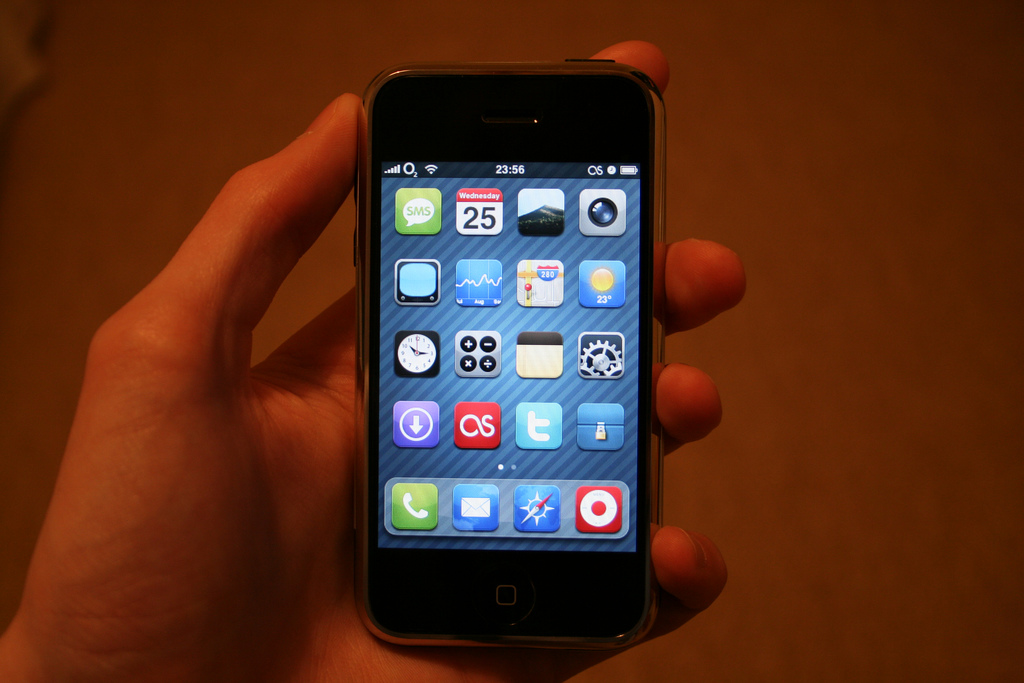Free At Last? Obama Admin Jailbreaks iPhone, Sanctions MashUps, Blesses Security Research
SAN FRANCISCO, July 26, 2010 – The US Copyright Office on Monday addressed many of the longstanding criticisms of a digital-era copyright law when it granted all of the exemptions to the law (under certain circumstances) requested by a flagship digital rights group.
SAN FRANCISCO, July 26, 2010 – The US Copyright Office on Monday addressed many of the longstanding criticisms of a digital-era copyright law when it granted all of the exemptions to the law (under certain circumstances) requested by a flagship digital rights group.
The Monday ruling explicitly exempts iPhone application developers and anyone else from being sued for breaking through the encryption on the iPhone’s operating system in order to run third party applications not approved by iPhone maker Apple.
“The evidence supports the contention that a technological measure is adversely affecting adding applications to the iPhone,” wrote Marybeth Peters, the US’ chief lawyer in charge of the nation’s copyright office in her policy recommendations, issued this Monday.
Under the 1998 Digital Millennium Copyright Act, no-one’s allowed to break through the digital locks that protect copyright owners’ content unless it’s for a non-infringing use — as defined every three years by the Copyright Office.
On Monday, the Copyright Office granted all three of digital rights group the Electronic Frontier Foundation’s requests for exemptions from the law, the iPhone jailbreaking item being one of them.
The DMCA addresses the question of how copyrights should be enforced in the networked digital age. The anti-circumvention provisions of the law has provoked a continual stream of criticism from digital rights groups and the academic community for its broad and undiscriminating sweep — until now.
In addition to the high-profile iPhone jailbreaking decision, the copyright office said it’s legal to break through the content scrambling system on “lawfully made and acquired” DVDs when it’s for comment or criticism, or for educational uses at academic institutions, for documentary film-making or for non-commercial videos.
The copyright office also renewed an exemption that allows consumers to unlock their cell phones so that they can use their handsets with whichever mobile phone service provider they want. And it sanctioned the breaking of digital locks on video games for testing and for security research purposes, as long as “the information derived from the security testing is used primarily to promote the security of the owner or operator of a computer, computer system or computer network,” and as long as the information is not used to facillitate copyright infringement.
“By granting all of EFF’s applications, the Copyright Office and Librarian of Congress have taken three important steps today to mitigate some of the harms caused by the DMCA,” said the EFF’s Civil Liberties Director Jennifer Granick in a Monday statement.
Ironically, the EFF in 2006 told the Copyright Office that its rule-making process was broken and couldn’t protect consumers, and so it wasn’t bothering to file any requests for exemptions that year.









Member discussion